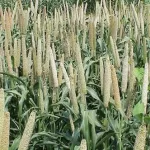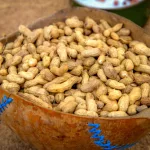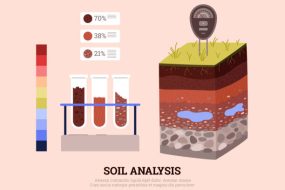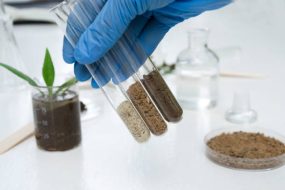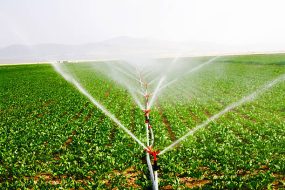When we think about farming, we often envision lush green fields, hardworking farmers tending to their crops, and the rich harvests that provide us with the food we enjoy daily. While there are various farming methods in practice today, conventional farming continues to be a significant contributor to global food production. In this article, we’ll explore the 10 benefits of conventional farming, shedding light on its role in ensuring food security, economic growth, and environmental sustainability.
1. Increased Crop Yields:
One of the primary benefits of conventional farming is its ability to maximize crop yields. Modern agricultural practices, including the use of synthetic fertilizers, pesticides, and advanced machinery, allow farmers to produce more food per acre of land. This increased productivity helps meet the ever-growing demand for food as the global population continues to rise.
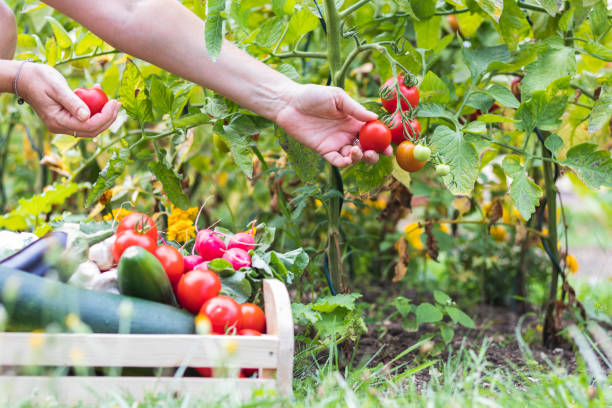
Also, Read >>>>>> What Are the Differences Between Natural Farming vs. Organic Farming?
2. Enhanced Food Security:
Conventional farming plays a crucial role in ensuring food security. By consistently producing higher yields, it helps stabilize food prices and reduces the risk of food shortages during adverse weather conditions or other unforeseen events. This reliability in food production contributes to a more secure and stable food supply chain.

3. Economic Growth:
The agricultural sector is a significant driver of economic growth in many countries. Conventional farming, with its increased productivity, generates income for farmers and supports related industries such as food processing, transportation, and retail. This economic activity creates jobs and stimulates local and national economies.
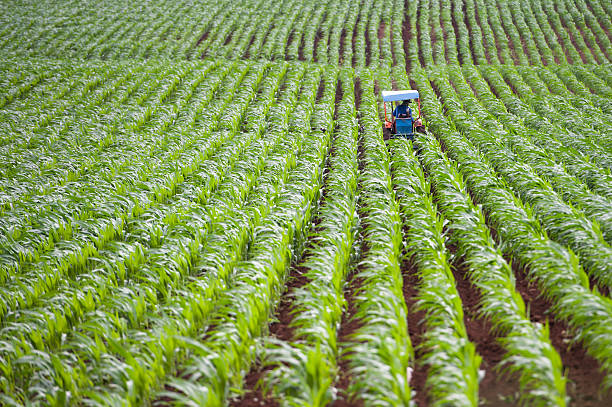
4. Accessible and Affordable Food:
Conventional farming practices often result in more affordable food products. The higher yields and efficiencies achieved through modern farming methods help keep food prices reasonable, making it accessible to a broader population. This accessibility is essential for addressing global food poverty and hunger.

5. Technological Advancements:
Conventional farming is at the forefront of technological advancements. Farmers continually adopt new technologies, from GPS-guided tractors to automated irrigation systems, to improve efficiency and reduce waste. These innovations not only benefit farmers but also contribute to the broader development of agricultural technology.

6. Precision Farming:
Precision farming is an integral part of conventional agriculture. It involves using data and technology to optimize farming practices. By analyzing soil conditions, weather patterns, and crop health, farmers can make informed decisions, resulting in more efficient resource use and reduced environmental impact.
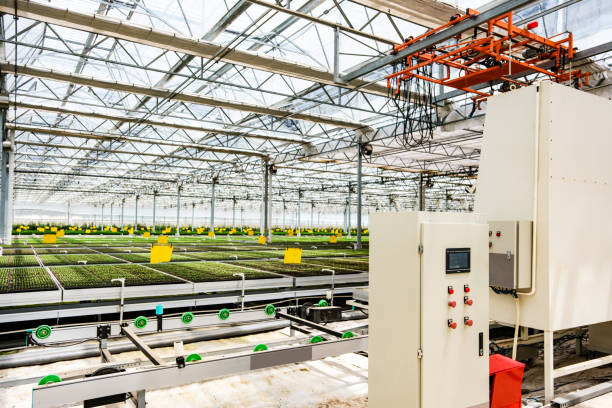
Also, Read >>>>>> What Are the Differences Between Natural Farming vs. Organic Farming?
7. Reduced Land Usage:
Efficient land use is a critical aspect of conventional farming. By maximizing crop yields on existing farmland, it reduces the need to clear additional land for agriculture. This helps preserve natural habitats and biodiversity while minimizing deforestation and its associated environmental consequences.
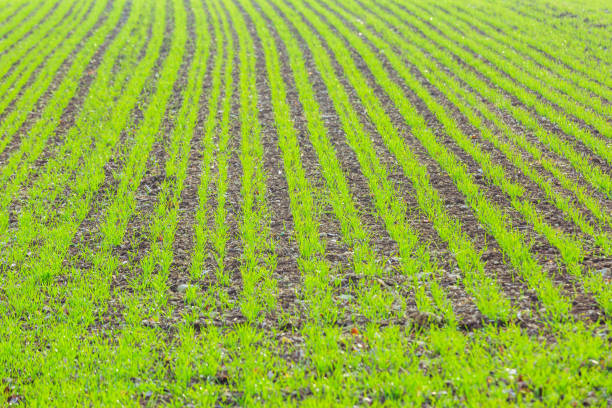
8. Consistent Quality:
Conventional farming practices prioritize consistency and quality in crop production. By carefully managing factors like soil fertility and pest control, farmers can produce crops that meet stringent quality standards. This is especially important for industries such as food processing and exports.
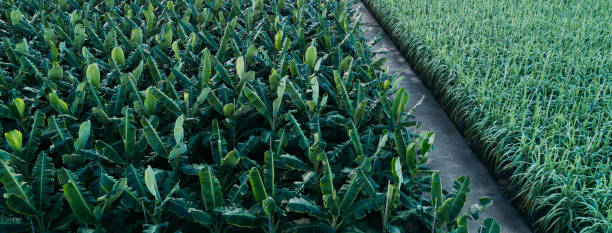
Also, Read >>>>>> What Are the Differences Between Natural Farming vs. Organic Farming?
9. Global Food Trade:
Conventional farming enables countries to participate in the global food trade. Excess food production can be exported to regions with food deficits, promoting international cooperation and food security. This trade also contributes to a country’s economic growth through exports.
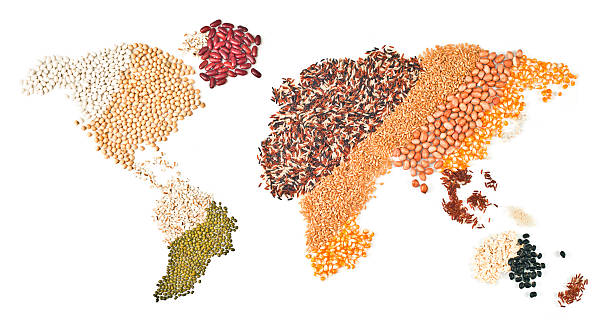
10. Adaptation to Climate Change:
Conventional farming methods can help mitigate the effects of climate change. Through crop rotation, improved soil management, and the use of drought-resistant crop varieties, farmers can adapt to changing weather patterns and reduce the environmental impact of agriculture.

In conclusion, conventional farming offers numerous benefits that contribute to food production, sustainability, and economic growth. By increasing crop yields, enhancing food security, and embracing technology, it plays a pivotal role in meeting the world’s food needs. While it’s essential to address the environmental challenges associated with modern agriculture, the advantages of conventional farming should not be overlooked. Balancing productivity and sustainability will be key to ensuring a bright future for global agriculture.
Also, Read >>>>>> What Are the Differences Between Natural Farming vs. Organic Farming?


